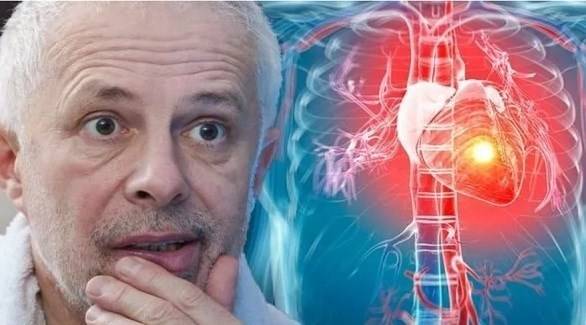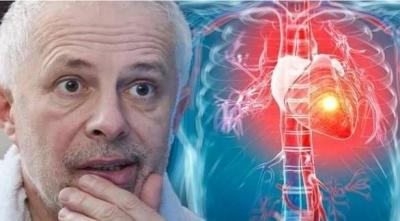Heart attack symptoms can be rapid and severe, usually presenting as intense chest pain. There is a range of symptoms that are more subtle than chest pain, and knowing them can help ensure appropriate action is taken. As the St John Ambulance in Britain indicates, if you notice a bluish tint on your lips, it may signal that you are experiencing a heart attack.
Other more specific symptoms that draw attention to heart attacks include a fast, weak, or irregular pulse. The patient may experience severe pain in the center of the chest, which may radiate to the jaw and down one or both arms, shortness of breath, heavy sweating, pain similar to indigestion, collapsing without warning, and feelings of dizziness.
If you notice any of these symptoms, you should do the following:
- Call emergency services for urgent medical help
- Sit down and stay calm
- Take 300 milligrams of aspirin if available
- Wait for paramedics
How to Protect Yourself from Heart Attacks?
Making lifestyle changes is the most effective way to prevent a heart attack (or subsequent heart attacks), and improving your diet is one of the key preventive factors against cardiovascular disease complications. This is because consuming an unhealthy diet high in fats will worsen atherosclerosis and increase the risk of a heart attack.
According to health experts, continuing to eat high-fat foods will lead to a greater accumulation of fatty plaques in the arteries, as fatty foods contain an unhealthy type of cholesterol, a waxy substance that can clog arteries. Many foods contain saturated fats found in animal products, such as meats, butter, and other dairy products, and in foods made from them, like cakes and biscuits, as well as in some plant foods including coconut oil and palm oil. Reducing foods high in saturated fats and replacing them with foods containing more unsaturated fats can help improve cholesterol levels, according to the British newspaper Express.




